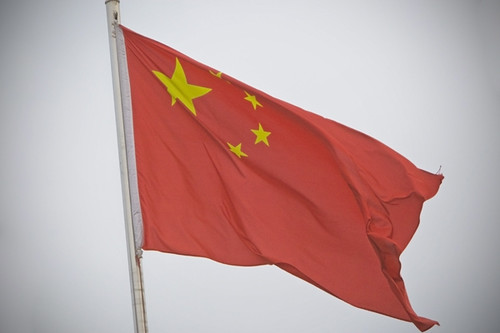Aggregated News

Better cancer treatments, advances in longevity, groundbreaking medicines and vaccines: these are just some of the potential prizes on offer in an emerging global race to advance the biosciences.
And China has been pouring billions of dollars into its efforts to become the preeminent force, with experts claiming its massive population of 1.4 billion people can provide a treasure trove of data.
Vast amounts of this data already exists in biobanks and research centers around the country – but the government is now launching a “national genetic survey” to collect information about and assert more oversight over these resources, say experts.
In recent years, authorities have also been tightening controls around foreign access to this data – in contrast to the many Western nations that have pledged to open up information for global sharing.
The national survey and restrictions on foreign access are part of new regulations on China’s genetic resources, which came into effect in July.
However, some experts have warned that this genetic hoarding could make global research cooperation more difficult – and potentially backfire on China.
“The...



